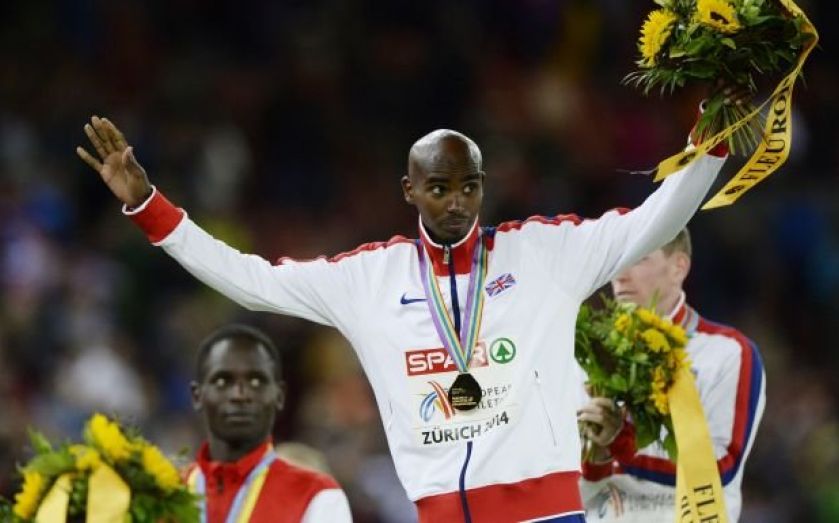| Updated:
European Championships 2014 medal table: How does Great Britain’s tally compare to previous years?

After a record-breaking Commonwealth Games for England, Scotland and Wales, the athletes of Great Britain banded together to repeat the feat at last week's European Athletics Championships in Zurich.
After such stand-out gold medal victories as Mo Farah's triumph in the men’s 10,000m and 5,000m, Jo Pavey in the women’s 10,000m, Adam Gemili in the men's 200m and James Dasaolu in the men’s 100m, Great Britain left Switzerland with a grand total of 23 medals – their best ever haul.
That medal collection, made up of 12 gold, five silver and six bronze medals, saw Great Britain finish level with France on 23 medals, and narrowly ahead of Russia who picked up 22 medals.
However, Great Britain picked up more gold medals than their Gallic neighbours (12 to nine), meaning they finish ahead in the rankings.
The previous best tally for a British team came four years ago in Barcelona, where Great Britain won 19 medals. Heading into the final day of events in Zurich, the team had a total of 15 medals.
Yet a glorious Sunday saw Great Britain win six gold medals after stars such as Greg Rutherford, Mo Farah and both the men's and women's relay teams produced their best form.
A record medal collection at the European Championships has capped off a brilliant summer for British athletics after England, Wales and Scotland all broke their Commonwealth Games medals record earlier in the month in Glasgow. Cumulatively, they picked up 34 medals in the athletics events, six of those gold.
Two years ago in Helsinki, Great Britain picked up a pitiful total of just seven medals. However, the event was staged just weeks before the London Olympics, so they get a pass this time.
Throughout the event’s history, Great Britain is the third best performing nation, with a total of 268 medals (104 of those gold) since they first entered in 1938 (the year the championships were split between Paris and Vienna).
The record number of medals at the European Championships technically belongs to the USSR, despite the fact the country has not existed since 1991. There have been seven events – including Zurich this year – in that time, yet no country has yet threatened to topple the old Soviet Union’s total of 333 medals.
The European Championships has grown in both size and regularity since it began in Turin in 1934. Since the first competition, the number of participating countries has increased by 117 per cent from 23 to 50, while the number of participating athletes has increased by 536 per cent from 226 to 1439 in 2014 – more than there ever has been before. Since 2010 the event has been staged twice a year rather than once every four years.